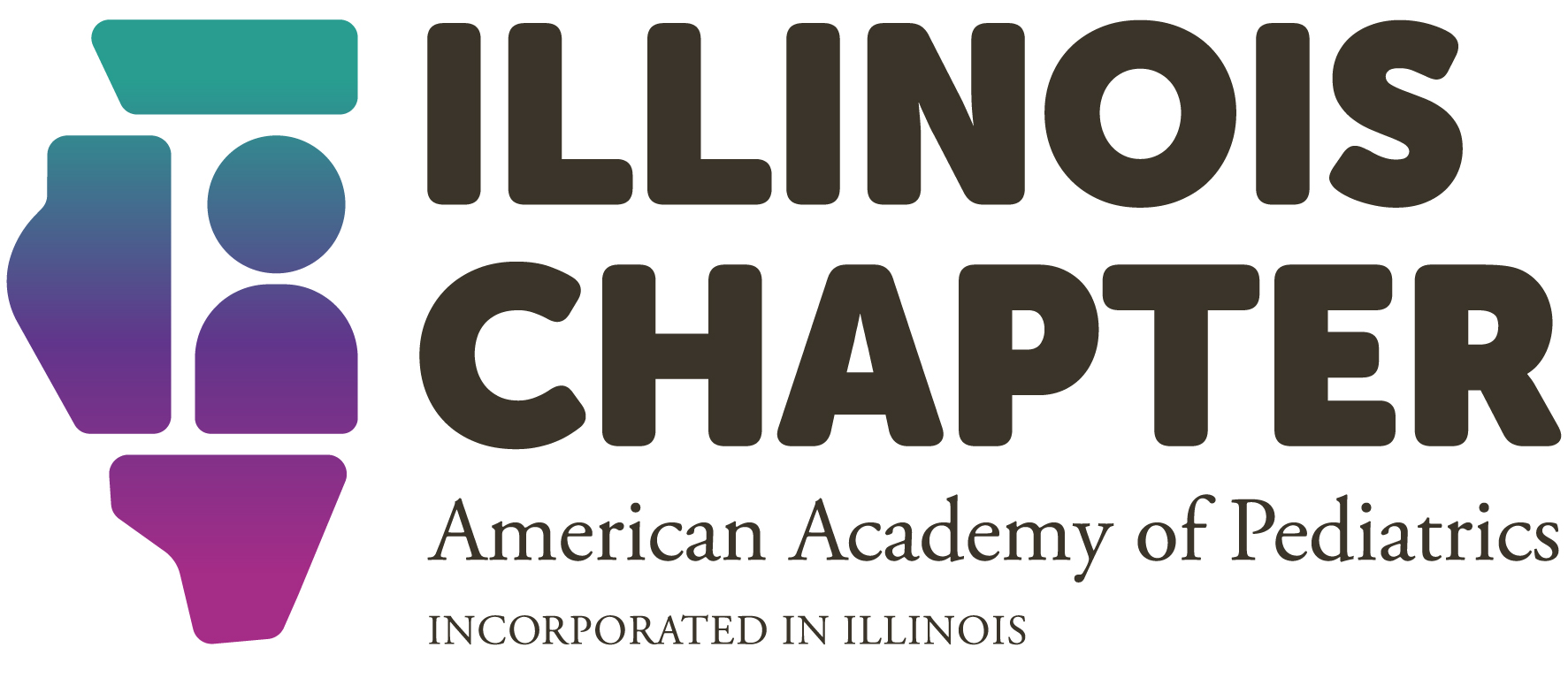Illinois Chapter of American Academy of Pediatrics
These trainings are provided, in part, by a grant to the ICAAP from the Illinois Department of Public Health (IDPH) via the Adolescent Health Program, CFSA 482-00-1598, CFDA 93.994, Office of Women’s Health and Family Services (OWHFS), Maternal Child Health (MCH Title V Block Grant).

The American Academy of Pediatrics published a policy on the impact that racism has on child and adolescent health. It is well established that racism has a profound impact on the health status of children, adolescents, emerging adults, and their families. This webinar aims to explore racism's impact on adolescent health and how pediatric providers can play a role in mitigating its harmful effects. As defined by the World Health Organization (WHO), “Health inequities are systematic differences in the health status of different population groups. These inequities have significant social and economic costs both to individuals and societies,” (https://www.who.int/news-room/facts-in-pictures/detail/health-inequities-and-their-causes). The COVID-19 pandemic has amplified these inequities, thus, leading to poorer health outcomes for adolescents and families who face persistent racism. This webinar aims to explore health inequity through the social determinants of health lens, provide research on health inequities among adolescents and families, and provide tools and resources useful for providers and families.

Sleep is essential to maintaining mental, physical, and emotional health in children and adolescents. Research has shown that adolescents routinely get less than the recommended 8-10 hours of sleep, which can affect physical health, emotional well-being, and school performance. Adolescents face several challenges to consistently getting enough sleep including early school start times, extracurricular activities, mental health conditions, and electronic devices. As school demands and electronic devices remain pertinent in the lives of adolescents, it is important for pediatricians to understand the importance of sleep during adolescence and strategies to improve the duration and quality of sleep among adolescents. This webinar aims to explore the importance of sleep for adolescents and provide tools and resources for providers and families to encourage healthy sleeping habits in adolescents.

Millions of children and adolescents in the United States have been found to have a diagnosable mental health disorder. Additionally, there are a multitude of youth who suffer from emotional and behavioral disorders that have yet to receive evaluation and treatment. As the prevalence of mental health disorders rises, it is important that pediatric providers are equipped with the skills and resources to be able to assess and care for children and adolescents with mental health needs. Implementation of an Integrated Behavioral Health/Collaborative Care model can increase the capacity for provision of evidence-based mental health care through collaboration between primary care and behavioral health care providers. This webinar will review the fundamentals of Integrated Behavioral Health models and will provide detail regarding the development, customization and outcomes of implementing a collaborative care model in two different academic pediatric primary care continuity clinics.
